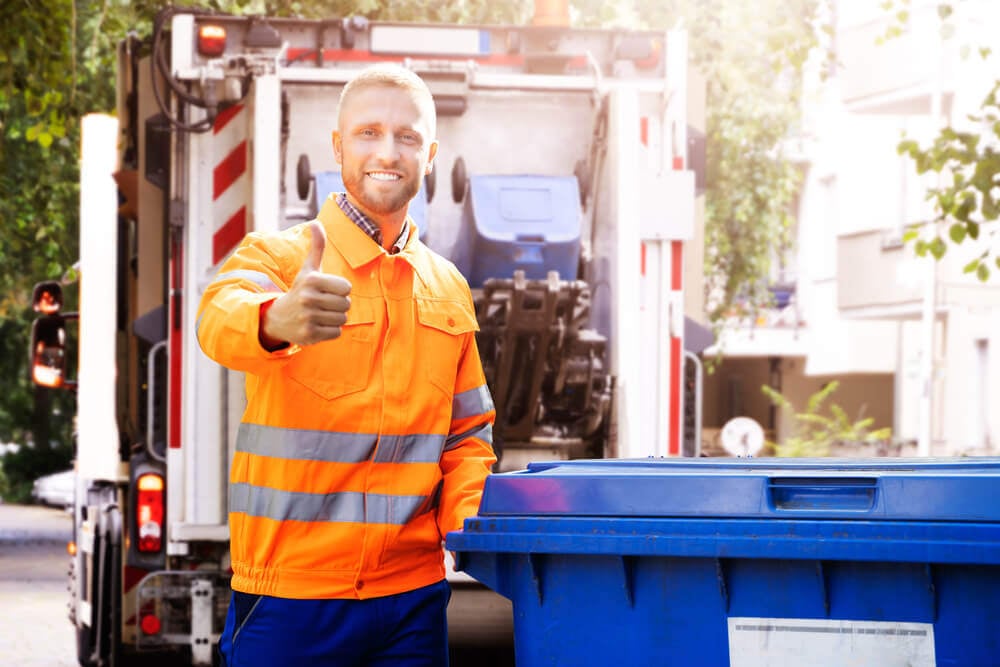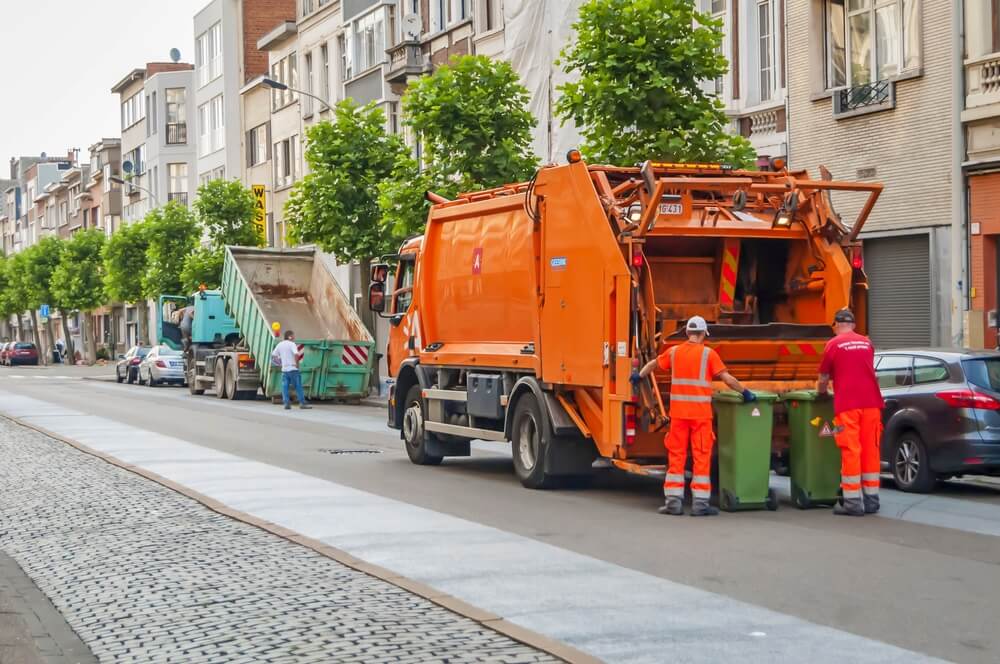Waste management has long been a focus for businesses looking to streamline operations, cut costs, and show environmental responsibility. Traditional approaches to waste management aren’t all encompassing and fail to include the full scope of generation to disposal. Enter Integrated Waste Management Systems (IWMS). Utilizing an IWMS optimizes every stage of waste handling and further combines it with advanced technology, smarter strategies, and compliance with environmental policies. As a result of this technique, IWMS provides businesses with innovative ways to manage waste while supporting a greener planet.
This blog will explore what IWMS are, how they work, and the benefits they offer businesses. We’ll also discuss challenges in adopting these systems and provide insights to help you decide if IWMS could improve your operations.
What Is an Integrated Waste Management System?
An Integrated Waste Management System (IWMS) provides a comprehensive approach to waste management by incorporating technology, science, and regulatory guidelines. Unlike fragmented methods, IWMS handles the entire waste process—from generation to disposal—while emphasizing sustainability, efficiency, and compliance. By treating waste as a resource, businesses can reduce their environmental footprint, cut costs, and contribute to the circular economy through practices like energy conversion and material reuse. IWMS offers a strategic advantage for long-term sustainability.
Components of an Integrated Waste Management System
Developing an IWMS requires a combination of structured processes and forward-thinking tools. These elements work together to tackle the complexities of handling waste effectively.
1. Waste Reduction
The first pillar of IWMS is reducing waste generation at its source. By reevaluating production methods, material use, and operational workflows, businesses can significantly cut costs while lowering waste output. This step often involves adopting sustainable packaging, utilizing renewable resources, and improving efficiency across all levels of production.
2. Recycling and Reuse
Recycling goes far beyond separating plastic bottles from paper. IWMS emphasizes finding opportunities to repurpose materials on-site or divert them to industries that can use raw byproducts. Businesses with comprehensive recycling systems often notice a dramatic reduction in waste disposal costs while earning revenue from secondary materials.
3. Safe and Efficient Disposal
Unfortunately, at present, not all waste is recyclable or reusable. For materials that require disposal, IWMS supports environmentally and legally compliant methods. Whether it’s through landfill management, incineration, or eco-friendly alternatives such as composting, these systems aim to minimize harmful impacts.
4. Technology Integration
Technology is a key component to modern IWMS. Tools such as IoT sensors, cloud-based platforms, and AI solutions can monitor waste in real time, enabling businesses to gather valuable data. This information helps companies identify inefficiencies, tailor strategies for improvement, and track their environmental impact in measurable terms.
5. Regulatory Compliance
Navigating local, national, and global regulations is a challenge for many businesses, but IWMS makes it easier by providing structured frameworks to meet legal obligations. Staying compliant isn’t just about avoiding fines—it reflects your business’s commitment to sustainable practices and builds trust with customers and stakeholders.
These components work collectively to transform waste management from a reactive process into a proactive strategy. Beyond the environmental pillar of sustainability, there are the economic and social pillars that IWMS addresses. Read on to explore how IWMS can drive measurable advantages in these areas.
How an Integrated Waste Management System Benefits Your Business
Employing IWMS lends focus to all cornerstones of sustainability. The result – tending to environmental concerns while advancing practical societal and economic improvements, a direct benefit to any business, regardless of size. Below you will find some key ways these systems can make a tangible impact:
Reduced Fees
One of the most obvious advantages of an IWMS is the potential for lowering expenses associated with waste handling. By reducing waste generation, optimizing collection schedules, and increasing recycling capabilities, businesses can cut down on disposal fees and transportation costs. Over time, these savings accumulate, allowing companies to allocate resources and budget more effectively.
Improved Brand Reputation
Sustainability can no longer be just a buzzword for businesses. Consumers are increasingly holding companies accountable for their environmental impact. By adopting an IWMS, businesses demonstrate their commitment to responsible practices, gaining the trust of customers and stakeholders. This enhanced reputation can lead to greater customer loyalty and an edge over competitors.
Stronger Community Relations
Businesses that adopt environmentally friendly practices often enjoy stronger relationships within the communities they operate. Through increasing their recycling efforts and reducing landfill contributions, companies are demonstrating their commitment to the planet and the people they serve. This goodwill can translate into positive publicity and support from local stakeholders.
Access to Incentives
Governments and regulatory bodies often provide grants, tax breaks, and other incentives for businesses that adopt sustainable waste practices. By implementing IWMS, companies may unlock a range of financial benefits that further boost their bottom line.
Common Challenges in Implementing an IWMS
Like any innovation, implementing IWMS comes with challenges that may deter some businesses. However, identifying these hurdles early can help organizations proactively address them and ensure a smoother transition.
High Initial Investment
For many businesses, the initial investment in technology, infrastructure, and personnel training can seem daunting. However, it's important to look beyond the upfront costs to the long-term financial and operational savings IWMS offers. Phased implementations can also ease financial pressure while allowing businesses to see incremental results.
Operational Disruptions
Switching from traditional waste management to an integrated system may disrupt established workflows, at least initially. This can lead to resistance from employees or cause confusion about new processes. Providing clear communication, educational tools, thorough training, and involving team members early can smooth the transition. Furthermore, a true IWMS considers the business flow of operations and aims towards seamless integration and simple implementation techniques.
Cultural Resistance
Corporate environments often resist change, especially if waste management has been handled the same way for years. Companies can counter this by demonstrating the value of IWMS to shareholders and employees at all levels. Sharing data, success stories, and clear benefits helps establish buy-in.
By addressing these obstacles head-on, businesses can maximize the value IWMS provides and position themselves for continued improvement. Now’s the time to ask yourself—are you ready to take the leap?
Make Waste an Opportunity, Not a Challenge
Integrating a waste management system that examines your company’s waste management in its entirety, from cradle to grave, and combines technology, strategy, and sustainability isn’t just good for the planet—it’s smart business. By adopting IWMS, your organization can cut costs, improve its reputation, and support a greener future.
If you’re ready to take the next step, CERTIFIED is here to help. Our experts specialize in crafting tailored integrated waste management solutions designed to meet the unique needs of businesses like yours. Contact us today to learn how you can transform your waste practices into a competitive advantage.
.png?width=320&height=80&name=CERTIFIED%20Waste%20Solutions%20Logo%20Vector%20NO%20Tagline%20(4).png)
.jpg)




.jpg)